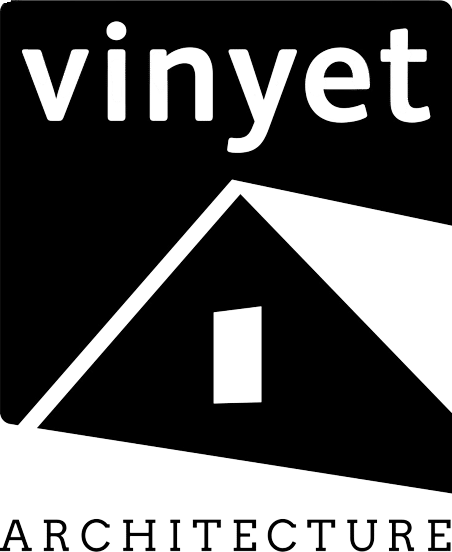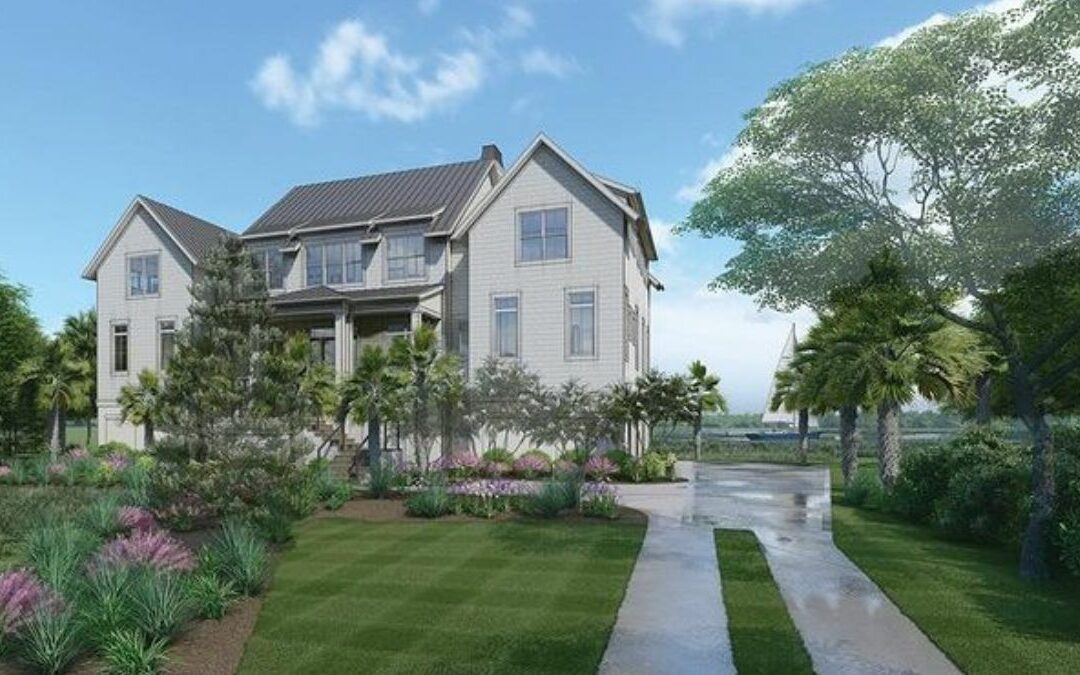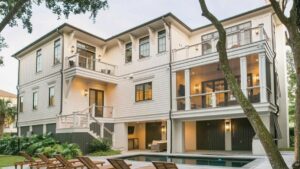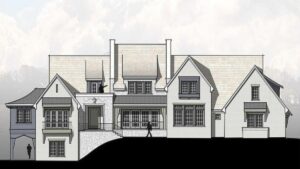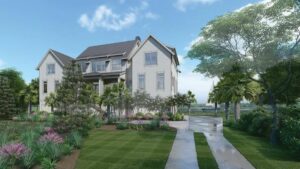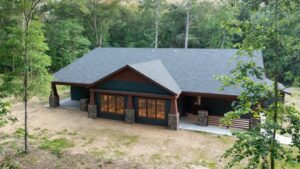The journey of creating your dream home in Charleston, SC, can be an exhilarating experience. While the excitement of selecting the site for your Charleston home is palpable, it’s important to make informed decisions. Here, we’ll explore five critical considerations to ensure your new home not only meets but exceeds your expectations.
Solar Orientation and Its Impact
One of the most significant aspects of home design is how it interacts with the sun. The orientation of your home affects not just your utility bills but also your living experience. Harnessing passive solar design can help you utilize natural light and heat. This method revolves around strategic window placement and architectural elements like roof overhangs to optimize sunlight during cooler months and minimize it when it’s warmer.
About Topography
The topography of your chosen site plays a pivotal role. In regions like the Piedmont, elevation changes are more pronounced compared to plains and coastal areas. A well-considered site can provide efficient water drainage and easy access. A gentle slope away from your home ensures proper drainage and reduces flood risks. However, excessive slopes might necessitate additional landscaping efforts to prevent erosion.
The Type of Soil
Often overlooked, the soil type can significantly influence construction costs and feasibility. A thorough soil analysis is crucial. This analysis determines the soil’s capacity to support your home’s structure and influences the type of foundation required. Selecting a site without considering soil properties could lead to unexpected construction expenses.
The Role of Trees and Vegetation
Trees and vegetation are functional components of your home’s design. Local ordinances and community rules may dictate what can be altered or removed. These rules aim to preserve the area’s natural beauty. Moreover, trees and plants play a role in passive solar design, helping to regulate your home’s temperature and light exposure. They can also serve as natural privacy barriers or frame desirable views.
Zoning, Setbacks, and Regulations
Finally, the legal framework surrounding your property can greatly influence its design. Zoning laws determine the permissible types of structures. Investigating both your property’s zoning and that of surrounding areas is crucial to avoid future disappointments. Setbacks, which vary by location, impact the positioning of your home and ancillary structures like pools or patios. Height restrictions might influence the overall design, dictating the number of stories or ceiling heights.
Start Your Dream Home Journey
When selecting a site for your Charleston home, considering these factors is key. Partnering with an experienced team, especially when hiring a residential architect, ensures that every aspect is thoughtfully considered. Trust Vinyet Architecture, your expert residential architect in Charleston, SC, to turn your vision into reality.
